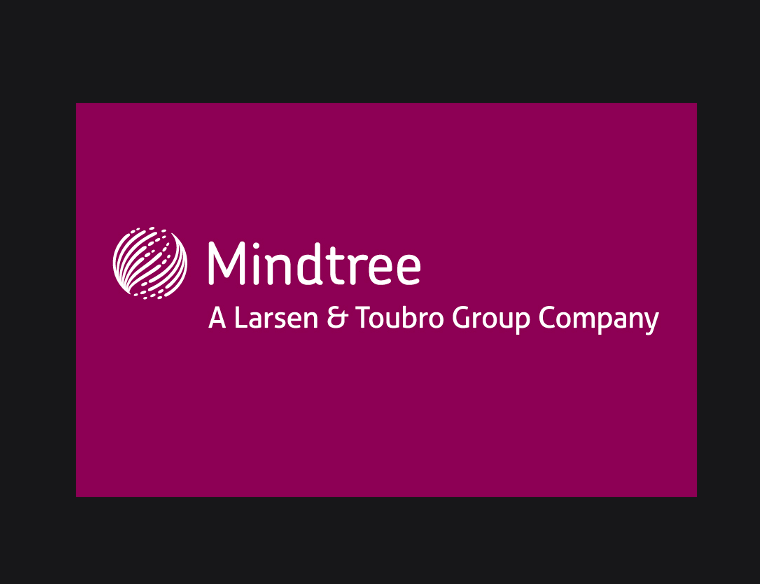The Global Next-Generation Data Storage Market was valued at $58.35 Billion in 2022 and the Worldwide Next-Generation Data Storage Market is expected to reach $123.66 Billion by 2032, states research report published by Spherical Insights & Consulting.
IBM Corporation,
Dell Technologies,
Hewlett Packard Enterprise Development LP,
Hitachi Ltd.,
Huawei Technologies Co., Ltd.,
NetApp,
Cloudian Inc.,
Fujitsu,
Pure Storage, Inc.,
NetGear,
Samsung,
Western Digital Corporation
Nutanix and among others.
New York, NFAPost: The Global Next-Generation Data Storage Market Size is to grow from USD 58.35 Billion in 2022 to USD 123.66 Billion by 2032, at a Compound Annual Growth Rate (CAGR) of 7.8% during the forecast period.
Next-Gen Data Storage refers to the innovative technologies and approaches aimed at addressing the increasing demands for storage capacity, speed, and reliability. These advancements aim to overcome the limitations of traditional storage systems.
Next-Generation Data Storage includes technologies such as solid-state drives (SSDs), cloud storage, object storage, distributed storage systems, and storage virtualization.
These solutions provide benefits like higher data transfer rates, improved scalability, enhanced durability, and increased efficiency.
They also enable the storage and management of massive amounts of data generated by emerging technologies like artificial intelligence, Internet of Things (IoT), and big data analytics, driving the evolution of data storage capabilities.
This research report categorizes the market for next-generation data storage market based on various segments and regions and forecasts revenue growth and analyzes trends in each submarket.
The report analyses the key growth drivers, opportunities, and challenges influencing the next-generation data storage market. Recent market developments and competitive strategies such as expansion, product launch, and development, partnership, merger, and acquisition have been included to draw the competitive landscape in the market.
The report strategically identifies and profiles the key market players and analyses their core competencies in each sub-segments of the next-generation data storage market.
Solid-state drive is expected to grow at a CAGR of around 8.5% during the forecast period.
Based on the storage medium, the global next-gen data storage market is segmented into manual hard disk drive, tape, and solid-state drive. The solid-state drive (SSD) segment is poised to experience substantial growth in the forecast period within the next-generation data storage market.
This growth is driven by several factors such as SSDs offer significant advantages over traditional hard disk drives (HDDs), including faster data access, lower latency, and higher reliability due to the absence of moving parts. As organizations increasingly prioritize performance and efficiency, SSDs provide the necessary speed and responsiveness to handle large volumes of data.
Moreover, the declining prices of SSDs and advancements in flash memory technology make them more accessible and cost-effective, further driving their adoption. Additionally, the growing demand for SSDs is fueled by emerging technologies like artificial intelligence, IoT, and real-time analytics, which require high-speed data processing and storage capabilities.
BFSI segment is expected to grow at a CAGR of around 10.3% during the forecast period.
Based on end-use, the global next-generation data storage market is segmented into BFSI, healthcare, retail, cloud service providers, government, IT & telecom, and others.
The BFSI (Banking, Financial Services, and Insurance) segment is anticipated to witness significant growth in the forecast period in the next-generation data storage market. This growth can be attributed to several factors. The BFSI industry generates and deals with massive amounts of sensitive financial data, necessitating robust and secure storage solutions.
Next-generation data storage technologies can offer enhanced data protection, encryption, and compliance features, catering to the stringent regulatory requirements of the BFSI sector. Additionally, the industry’s increasing adoption of advanced technologies like blockchain, artificial intelligence, and machine learning requires efficient and scalable storage infrastructure to handle the growing data volumes.
Asia-Pacific is predicted to grow at the highest CAGR of around 11.4% over the projected period.
Based on region, Asia-Pacific is projected to witness the highest growth rate in the forecast period in the next-generation data storage market. Several factors contribute to this anticipated growth due to rapid digitization across various industries, leading to an exponential increase in data generation.
Moreover, the expanding adoption of emerging technologies like artificial intelligence, IoT, and cloud computing in countries like China, India, Japan, and South Korea is driving the demand for advanced data storage solutions. Furthermore, the rising investments in data centers and the increasing need for efficient storage systems to support the growing digital economy in the region are further fueling the next-gen data storage market’s growth prospects in Asia-Pacific.
Some of the major players in the global next-generation data storage market include IBM Corporation, Dell Technologies, Hewlett Packard Enterprise Development LP, Hitachi Ltd., Huawei Technologies Co., Ltd., NetApp, Cloudian Inc., Fujitsu, Pure Storage, Inc., NetGear, Samsung, Western Digital Corporation, and Nutanix.





